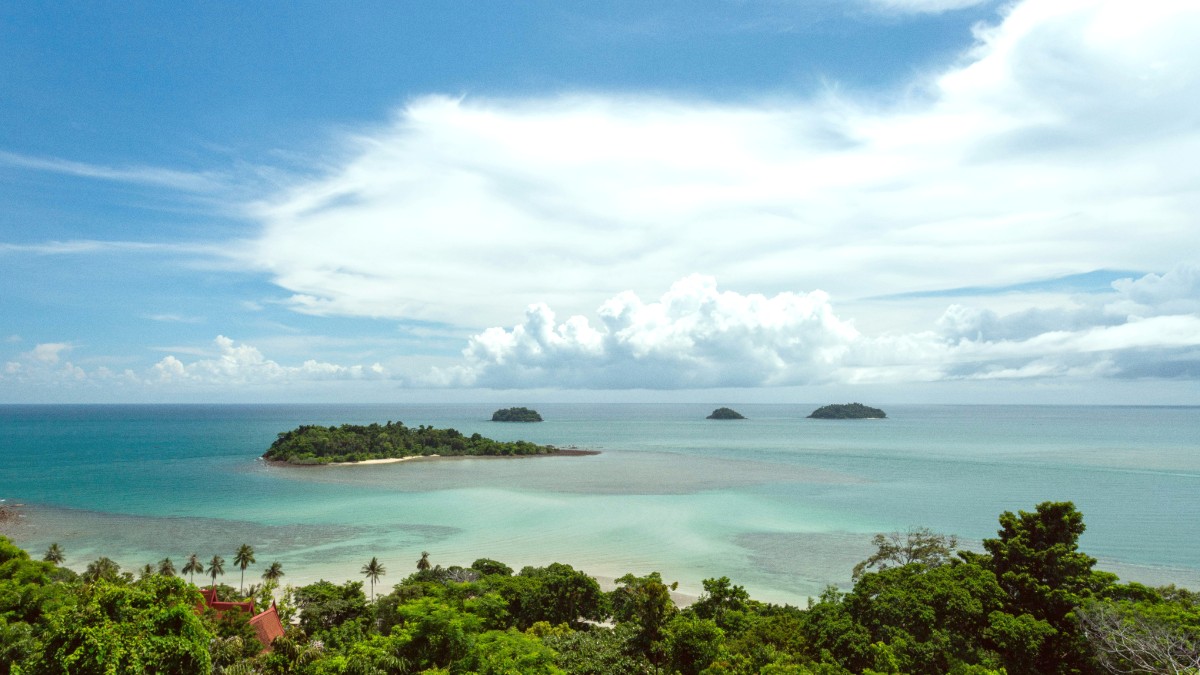
Mindanao, Philippines
Sohoton Cove National Park is a declared protected area, recognized for its unique biodiversity and geological formations. Conservation efforts there preserve its delicate ecosystem. Siargao features extensive mangrove areas, for coastal protection, erosion prevention, and as nurseries for marine life. Marine Protected Areas (MPAs) around Siargao attempt to safeguard coral reefs and fish populations, supporting the marine environment's long-term health.
Waste management presents a notable challenge. While some resorts practice recycling and disposal, public infrastructure for waste disposal limits capacity. Minimize plastic use by carrying a reusable water bottle and refill whenever possible. Use Reusable shopping bags and avoid single-use plastics. Pack out trash from remote areas until proper disposal is possible. Never litter on beaches or in the ocean.
Fresh water on a small island is a precious resource. Be mindful of your water use by taking shorter showers and turning off taps when not in use. Consider offsetting your flight emissions through reputable carbon offset programs like Terrapass. Look for eco-friendly accommodations on platforms like Ecobnb.
Respectful interactions create meaningful cultural exchanges.
Support local arts, crafts, and food businesses. Your patronage sustains traditional livelihoods and cultural practices. Engage politely with local communities, showing genuine interest in their way of life.
Always ask permission before photographing people, specifically children. If bargaining for goods, do so politely. Avoid over-bargaining for small sums from local vendors; these amounts can make a difference to their livelihood. Observe modest dress when visiting villages, markets, or religious sites.
Be mindful of people's privacy. Avoid intrusive photography that might cause discomfort. Recognize that not everyone wishes to feature in your travel photos. Always prioritize consent.
When visiting churches or other religious sites, dress modestly (shoulders and knees covered). Remove shoes if a specific rule. Keep respectful quiet. Follow any posted regulations or signs.
Consider outdoor gear from companies with ethical practices, such as Patagonia.
Shop Eco-GearBook tours with operators that focus on ethical travel, for example G Adventures.
Find Ethical ToursRespectful engagement enhances your experience and supports the local community.
Responsible tourism ensures that your visit benefits the local community.
Support tour operators or accommodations that directly employ locals and involve the community in their operations. These initiatives often foster a fairer distribution of tourism benefits, directing funds where they are most needed within the island's population.
Seek out local products sold directly by artisans or in shops that clearly uphold fair wages and ethical production practices. This directly empowers local craftspeople, supporting their skills and financial independence. Purchasing items with transparency strengthens fair trade networks on the island.
Prioritize dining at local carinderias, renting from local motorcycle shops, and buying souvenirs from local vendors. This keeps your money circulating within the island economy, directly benefiting residents. Every local purchase makes a tangible difference.
Be vigilant against scams that target tourists. Educate yourself on responsible travel practices to avoid inadvertently supporting harmful activities that undermine local well-being.
If you wish to donate, do so through established, reputable local charities or community projects rather than giving directly to beggars. Direct giving can sometimes foster begging rather than addressing underlying needs. Reputable organizations focus on sustainable development, education, or environmental protection, making a lasting contribution to the community.
Find vetted local organizations for donations.
Contributions to projects for education or environment.
This approach addresses core issues more effectively.
Direct your generosity to organizations working for sustained community welfare.